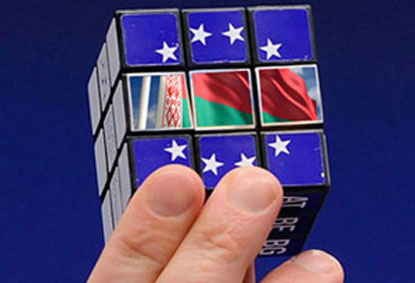And it is based on liberal ideas
When people sometimes say that Armenia should adopt the Singapore, Chinese or Israeli political and economic model for the development, I am looking at it with reservation. Certainly, something can be learned from any nation (as well as from an individual) and apply separate elements in your life. But if we’re talking about a model, away from the European mode, I do not imagine any other model for us.
Christian people whose philosophical notion was developing in the Middle Ages under the influence of Aristotle, whose first republican fathers were guided by the national-liberation ideas born in Europe in the 19th century, whose second (non-independent) republic was a part of a state, which though distorted and twisted way, but was trying to apply the Marxist doctrine originated in Europe in the 19th century, such people, agree, are very far from Singapore or, let’s say, the South Korea. Probably it is not so good, but I think it is a fact.
Both the national-liberation and Marxist ideas go back to the second half of the 17th century by their origins, when the Europe’s liberal ideas along with intensification of bourgeoisie, so to speak, came out of the political arena. No matter how it seems strange to many people, anyway, the experts associate it with the early liberal-ideology period that is so hated by many people today.
I would like to remind the basic elements of this ideology. 1. Religious Tolerance. Ecumenical Councils’ decisions are no longer absolute truth; religious wars are stupid. 2. Trade relations, Property immunity, which afterwards were rejected by the Communists. But regardless of the attitude towards the property immunity, both liberals and socialists are in the same civilization system. 3. Enhancing the role of the individual. Descartes’ thesis “I think therefore I am” means that one’s existence proves in and of itself, unity of one’s or supreme powers. In the 19th century, the individual becomes a hero, including fighter for the liberation of the nation.
The political thought in Europe has been developed based on the approval, modification and denial of these elements. Although today’s Armenia’s political parties treat the terms “political thought”, “idea”, “ideology”, “liberalism”, “values” and other similar terms almost hostile and are guided by “Poghos, go away, Petros, come close” simplistic formulas, their words is also a “political thought”, no representative of fauna, even dolphins and monkeys, are not capable to express such a thought.
And if more seriously, then I am sure that Armenia should develop based on the above-described liberal European traditions. But to abide by the same traditions, I do not think at all that my opinion is the absolute truth. I write not to impose my thoughts on people but to stir others’ thought.
Yes, there should be disputes in the society, but they are possible within the scope of the same intellectual standards. If there is no consent, for example, about the provisions of the Aristotelian formal logic, then it turns out approximately the picture that we have in case of the Armenian disputes. For example, one says that A is equal to A but not to B, the other one opposes to it approximately as follows. “What is this A and B? And in general, who are you to say this kind of things?”
Slightly modifying Plato’s words (he was talking about philosophy), it can be said that it is useless to dispute with two types of human beings. the gods who know everything and do not want to know as they are wise, and the ignorant who do not know anything and do not want to know.




















































